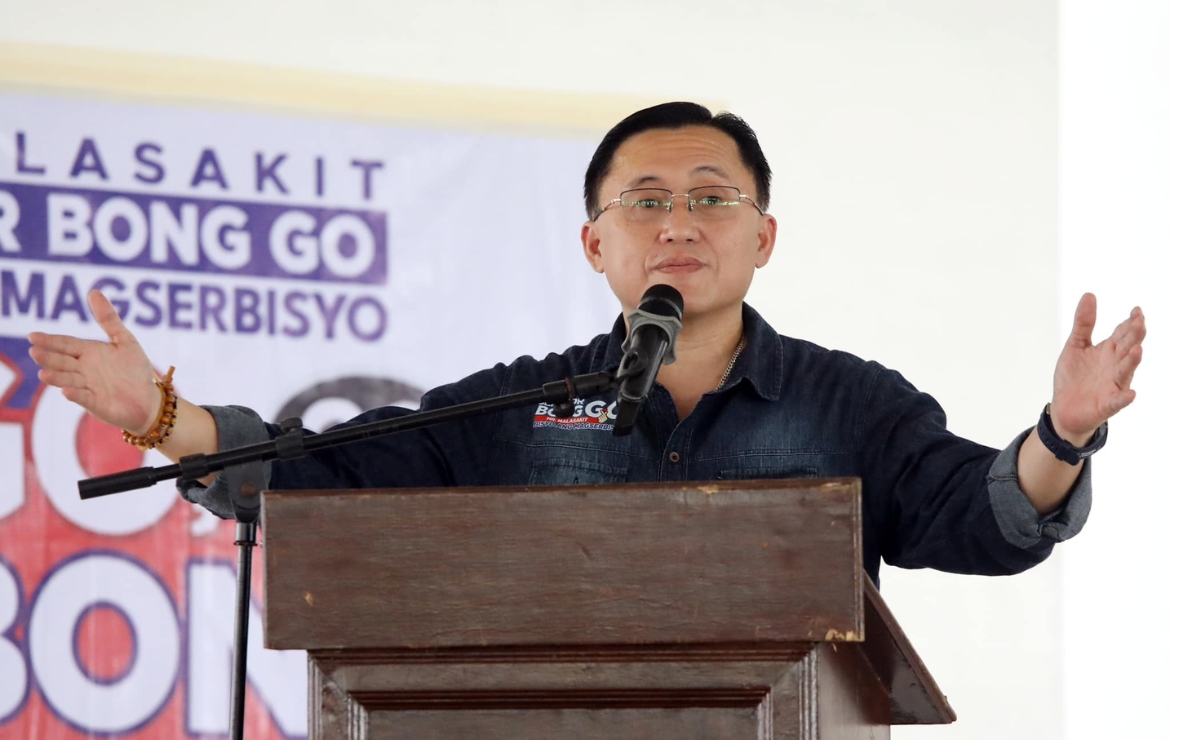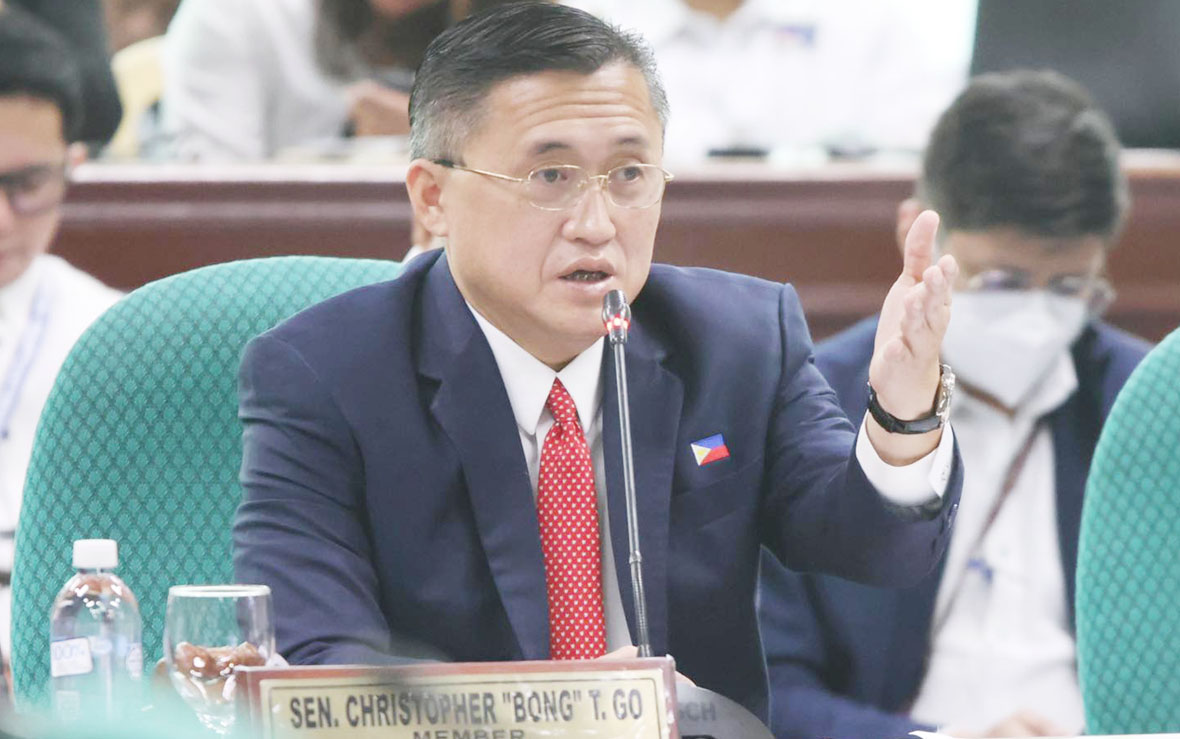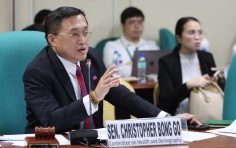Senator Christopher “Bong” Go called for the Philippine Health Insurance Corporation (PhilHealth) to strictly and transparently implement its revised case rates, emphasizing the need for clarity and inclusivity in addressing the healthcare needs of ordinary Filipinos.
This comes after PhilHealth’s announcement of increased benefits for several medical services, including treatments for ischemic heart disease, kidney transplants, and emergency outpatient services. Adjustments have also been made to 50% of select case rates.
These reforms were appealed by Go and various stakeholders during the course of 11 hearings conducted by the Senate Committee on Health and Demography, which he chairs.
“Kung hindi dahil sa ating pakikipaglaban, hindi matutupad ang mga dagdag na benepisyo na ito. Sulit ang ating pangungulit ngunit hindi tayo dito titigil hanggang maisakatuparan ang mga pangako nila sa taumbayan,” Go said.
Senator Go has been consistently urging the state health insurer to expand its benefit packages, especially for the top 10 mortality diseases, increase case rates, and scrap its restrictive policies like the 24-hour confinement policy. He likewise advocated for the coverage of additional services like dental and optometric services, preventive and emergency care, as well as provision of medicines and assistive devices.
Aside from the expanded benefits, Senator Go successfully pushed for the removal of the Single Period of Confinement (SPC) policy, the substantial increase in case rates, and inclusion of other benefits under Philhealth’s coverage, among others.
However, concerns have been raised about the transparency and capacity of PhilHealth in implementing these reforms, leaving many Filipinos unsure of the benefits they can actually claim.
“Dapat masigurado na may malinaw na sistema para malaman ng bawat miyembro kung ano ang benepisyo nilang makukuha. Hindi dapat mangamba ang isang Pilipino sa pagpunta sa ospital dahil lang sa hindi klaro ang proseso,” Senator Go said in response.
As Chairperson of the Senate Committee on Health and Demography, Senator Go reiterated the urgency of addressing barriers to healthcare access, which have long plagued PhilHealth’s operations. He stressed that reforms must directly benefit members and improve public trust in the agency.
Senator Go also pointed to past controversies surrounding restrictive policies, such as the now-scrapped “single period of confinement” rule, which prevented patients from claiming benefits for repeat hospitalizations due to the same condition within three months. He called for the abolition of similarly restrictive rules, including the “24-hour confinement policy,” which requires patients to stay hospitalized for a full day to qualify for insurance coverage.
“Ang mga ganitong polisiya ay parang pahirap pa sa mga pasyente na nangangailangan ng agarang tulong. Dapat ang layunin ng PhilHealth ay mapagaan ang pasanin ng mga Pilipino, hindi ang dagdagan ito,” Senator Go said, emphasizing the need for policies that reflect the realities of medical emergencies.
PhilHealth officials have since committed to reviewing the 24-hour rule, along with other regulations, to align them with the agency’s goal of providing comprehensive healthcare coverage.
“Malaki ang maitutulong kung mas maraming benepisyo ang kayang i-cover ng PhilHealth. Halimbawa, sa top 10 mortality diseases, dapat lahat ng Pilipino ay may sapat na access sa gamutan at serbisyong medikal para dito,” Senator Go explained.
He underscored the importance of ensuring that PhilHealth reforms are felt by the public and are implemented with accountability. Senator Go urged PhilHealth to release clear guidelines on the revised case rates and ensure that these are uniformly applied across healthcare facilities.
“Hindi lang ito usapin ng benepisyo kundi usapin ng tiwala. Kung gusto nating magtiwala ang mga Pilipino sa PhilHealth, kailangan nilang makita na may resulta ang mga reporma na ating ginagawa,” Senator Go added.
With the increasing demand for accessible healthcare services, Senator Go remains steadfast in advocating for reforms that will bring the government closer to achieving universal healthcare for all Filipinos.
“Sa huli, mahalaga na ang bawat Pilipino ay may maasahan na suporta mula sa gobyerno, lalo na’t usapin ng kalusugan ang nakataya. Ang serbisyong medikal ay dapat naaabot ng lahat at hindi lang para sa iilan,” concluded Go, who is known as Mr. Malasakit for his compassionate service to Filipinos in need.









